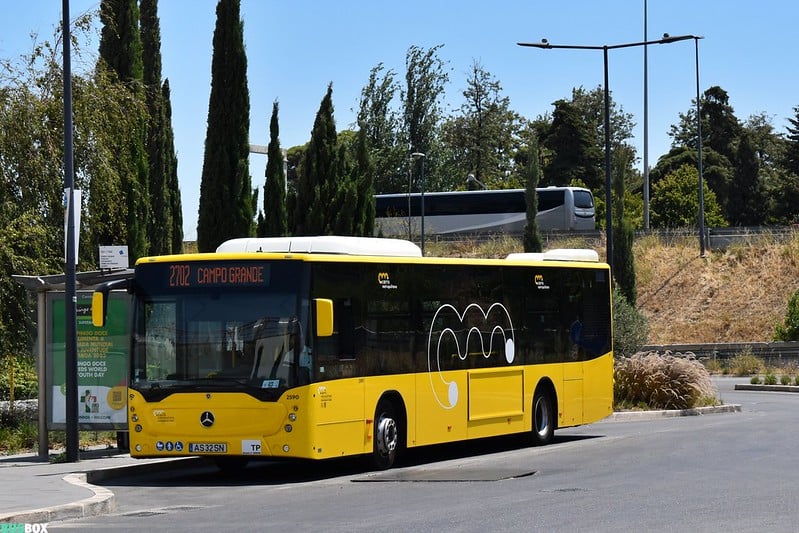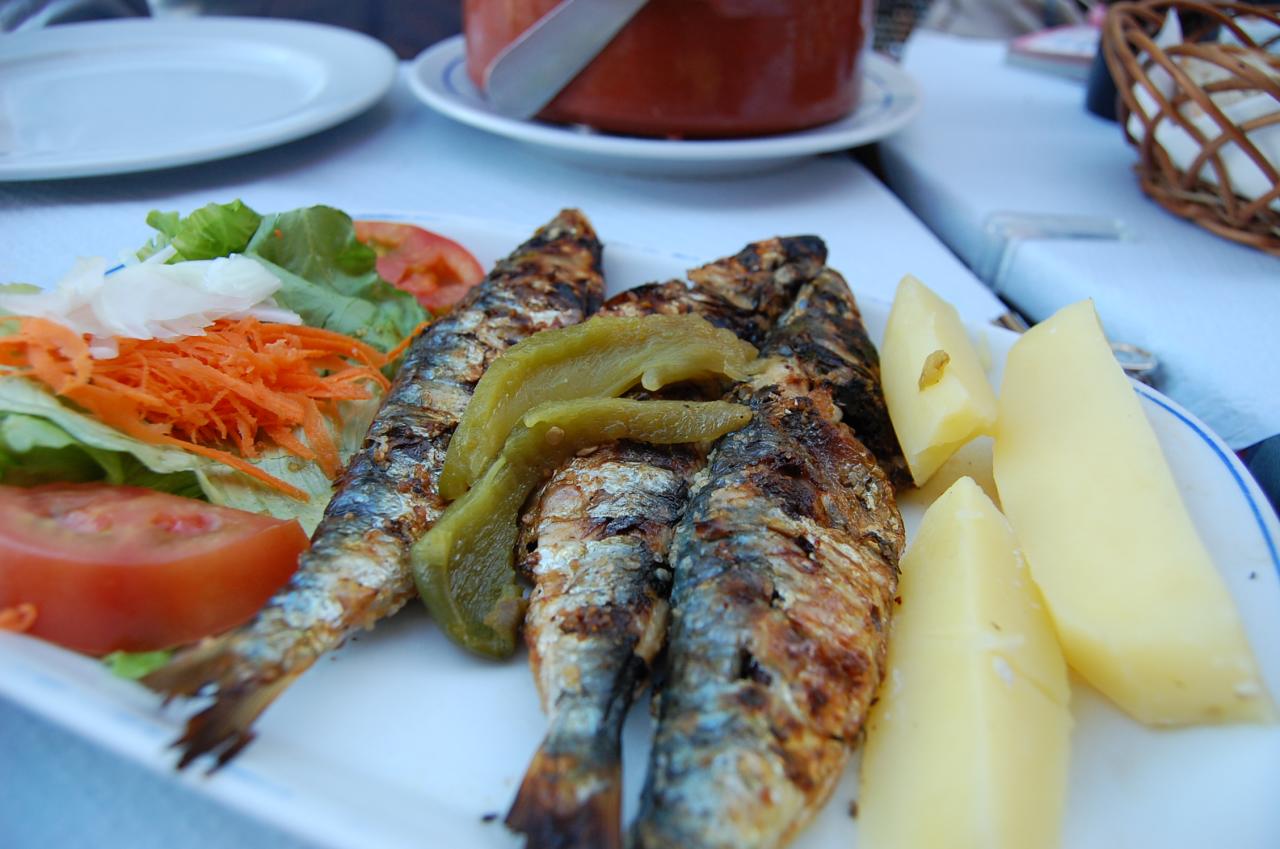Portugal is a country full of small but important social codes that locals take for granted. Some will make you laugh, others will make you scratch your head, and a few might frustrate you until you finally give in and adapt. Once you do, you’ll see why so many people fall in love with this country for its culture of warmth, hospitality, and humanity.
Here are 26 unwritten customs you should know before settling into Portuguese life.
1. The Long Goodbye
If you’re used to quick goodbyes or even the “Irish goodbye,” brace yourself. In Portugal, goodbyes take time. Leaving a dinner or even a simple coffee catch-up often involves another 10–15 minutes at the door, jackets half on, chatting about everything from football results to your aunt’s latest medical exam. Finally, you’ll walk your guests to the door, sometimes all the way to the gate, with multiple waves and “beijinhos” before the actual departure.
For people new to Portugal, this can feel endless, but it’s all part of the Portuguese ritual of politeness. A rushed goodbye seems cold. In Portugal, the message is: I value your company so much that I can’t let you go easily. This is very sweet if you think about it.
2. Never Arrive Empty-Handed
Hospitality is a cornerstone of Portuguese life. If you’re invited for dinner, don’t show up with nothing. A bottle of wine, a box of pastries, or even a bag of fruit is expected. If money is tight, you can offer to set the table or wash dishes. It’s about showing gratitude, not impressing with an expensive gift. It is the thought that counts!
Fail to bring something, and you may notice raised eyebrows, especially from the older generation. They’ll still feed you, of course, but they’ll remember.
3. Helping Without Strings Attached
One of the loveliest parts of Portugal is how genuinely helpful people are. Need directions? Struggling with bureaucracy? Someone will step in – or at least it is always amazing, but never expected, when they do. However, beware of misreading this kindness. In Portugal, offering help isn’t only something someone might do with expectations of romance in mind. It is also not done with the expectation of payment. Helping is part of being a decent person.
4. Always Greet the Room
This is one that you may not be aware of but will notice the longer you stay in Portugal. When you enter a waiting room, shop, or small office, say “bom dia” (good morning) or “boa tarde” (good afternoon). It doesn’t matter if you know the people or not. Silence can make you seem unfriendly or rude.
Similarly, when leaving, it’s polite to say something like as melhoras (“get well soon”) if you’re in a doctor’s office, or simply adeus (“goodbye”).
5. Priority Seating and Service
By both law and custom, pregnant women, people with babies, and those with disabilities have priority. This means that that they get to cut in line, jump ahead in shops, and of course, sit in reserved seating on public transport. Even if a bus is packed, expect locals to leap up when someone who qualifies gets on the bus.
If you’re new to Portugal, remember don’t occupy the priority seat on public transport if you’re not prepared to give it up immediately.

6. Coffee Ends the Meal
Lunch and dinner aren’t finished until someone asks: “Quem quer café?” Coffee (usually a small, strong espresso) marks the true end of a meal. Ordering it too early will break the flow of a meal.
So if you’re at a Portuguese table, don’t rush. The meal winds down slowly, with dessert, fruit, maybe a bit of brandy, and finally, that little cup of coffee. A true Portuguese meal will last at least two hours, sometimes three.
7. Cover Up After the Beach
Portugal is beach heaven, but locals draw a sharp line: half-naked bodies stay on the sand. Walking shirtless down the street or shopping in a bikini is frowned upon. Put on a shirt, dress, or at least a wrap before leaving the beach.
The unwritten rule is respect: public spaces aren’t the beach. Remember this and you will fit in with the Portuguese way of life.
8. Don’t Confuse Portuguese with Spanish
Yes, many Portuguese people understand Spanish, but that doesn’t mean they like being addressed in it. Portugal has its own proud language and identity, which is quite distinct from Spain’s. Speaking Spanish here can feel dismissive, as if you don’t care to learn the difference.
Even if your Portuguese is basic, use it. A simple obrigado/obrigada (thank you) will go much further than a fluent gracias.

9. Keep Music to Yourself
Silence on trains and the metro is golden. You’ll notice commuters quietly reading, dozing, or scrolling on their phones. Playing music on speakers or having loud phone calls is guaranteed to draw stares. Earbuds exist for a reason. Use them.
10. Don’t Complain About House Prices
Yes, rents and property prices are high, and locals definitely feel the squeeze. However, if you’re an expat from somewhere like San Francisco or London, be careful about moaning that “Portugal is so expensive.” For locals, it comes across as tone-deaf. They’ve been priced out of their own cities.
Talk instead about how beautiful the housing is, or how lucky you feel to live there. That’s more likely to win friends.

11. Respect the Food
Portuguese food is sacred and is deeply tied to family and tradition. If you don’t like something, quietly leave it on your plate, and don’t mock the portion sizes either. If a Portuguese grandmother serves you enough food for three people, just smile and eat what you can.
12. Make Sure to Grab a Ticket
In bakeries, banks, or post offices, you’ll often see a little machine spitting out paper numbers. Grab one! It’s your “senha” (ticket), and without it, you’ll get a lot of rude looks.
13. Make It Obvious When You Cross the Road and Look Both Ways
Drivers are generally respectful at crosswalks, but roads can be narrow with poor visibility. Don’t just run across. Make eye contact with the driver, raise your hand slightly, and step forward only when you’re sure they’ve seen you.
14. The Multi-Goodbye Phone Call
Ending a phone call isn’t as simple as “bye.” Expect a string of farewells that could go on for 5-10 minutes: tchau, beijinhos, boa tarde… It’s a ritual, almost like the long goodbye in person (see #1). Hang up too soon, and it feels abrupt, even rude.
15. Time Is Flexible
If someone says, “let’s meet at 5,” don’t expect them at 5. In Portugal, 5 pm might mean 5:30 pm, even 6:00 pm. Punctuality isn’t a national strength.
The unwritten rule: bring patience – or a book. You might want to get used to arriving late yourself.
16. Don’t Snitch on Your Neighbors
Complaining about minor things including laundry drying outside, music being a bit too loud, or leaving trash in the wrong place is frowned upon. Portugal’s dictatorship ended in 1974, but the culture of hating “snitches” remains. Unless something is truly dangerous, mind your own business.
17. You Don’t Have to Pay People Cash If They Do You a Favor
If someone helps you move, gives you a ride, or translates a document, don’t pull out cash. Offering money for the Portuguese feels transactional. Instead, invite them for a coffee, buy them a drink, or repay the kindness another time. In Portugal, it’s about community, not currency.
18. Only Locals Can Criticize Portugal
Portuguese people love complaining about the Portuguese government, the bureaucracy, and the weather. But it is not ok for foreigners to join in? You can praise Portugal all you like, but keep your criticism to yourself.
19. Speak a Common Language in a Group Setting
In group settings, don’t switch into a language others can’t understand. Two foreigners chatting in German while everyone else speaks Portuguese can seem exclusionary. If you must switch, speak in another language briefly and then stick with what everyone can follow.
20. How to Address Women
Forget formal surnames like “Mrs. Silva.” In Portugal, women are addressed by first name with a respectful title: “Dona Maria.” Even older, highly respected women rarely go by surnames. It’s more personal and warmer than the style of using in last names in some other countries like the USA or UK.
21. Hosting Means Huge Portions
Hospitality here means feeding you like royalty. Even a casual lunch might include multiple courses and enough food for twice as many guests.
Refusing seconds can sometimes feel rude, but a polite “já estou cheio” (“I’m already full”) usually works.

22. Two Kisses on the Cheek
Greeting customs matter. Men and women usually greet with two kisses, starting on the right cheek. Men often shake hands with each other, unless they’re very close friends. Don’t initiate kisses in formal or professional contexts, but expect them in social ones.
23. Cars Park Everywhere
Don’t be shocked when cars block sidewalks, crosswalks, or even your driveway. Parking laws are often flexible in practice. It’s not worth losing your temper, just work around it. And get ready to watch when an entire group of neighbors emerge from the house to pick up a car and move it out of the way for a bus that needs to pass.
24. Bread With Every Meal
Bread is an essential part of every meal. For many Portuguese, a meal without bread isn’t a real meal. If you’re preparing a meal for Portuguese friends, make sure to include bread.

25. Escort Guests to the Door
On that note, when guests leave your home, walk them to the door. In houses, you should even walk them to the gate. A simple wave from the sofa feels rude. It’s another way of the Portuguese showing that “your visit mattered to me.”
26. Cafés Are Not Coworking Spaces
Portuguese cafés are for quick coffees, chats, or snacks. Camping for hours with a laptop and a single espresso isn’t appreciated. Order more or head to a coworking space instead.
Final Thoughts
Living in Portugal is learning and absorbing these little habits that knit society together. Once you embrace the way that the Portuguese do things, you’ll stop feeling like a visitor and start feeling like a neighbor.
At the heart of it all, Portuguese customs boil down to respect: for people, for food, for time (even when late), and for community. Learn these 26 rules, and you’ll not only avoid awkward Portuguese faux pas, you’ll also be welcomed with open arms into a culture that values warmth, humor, and connection above all else.


